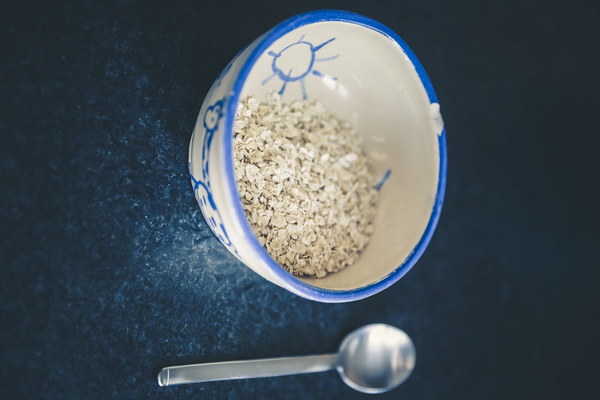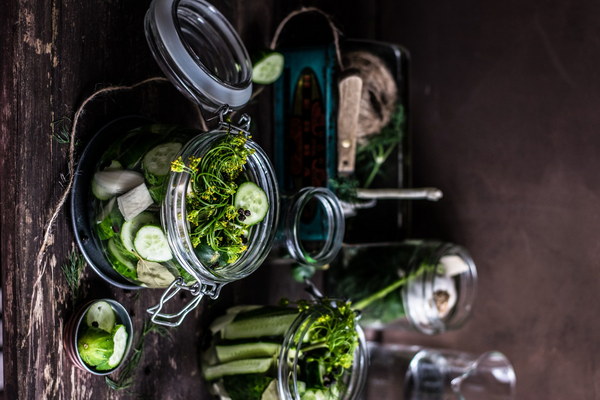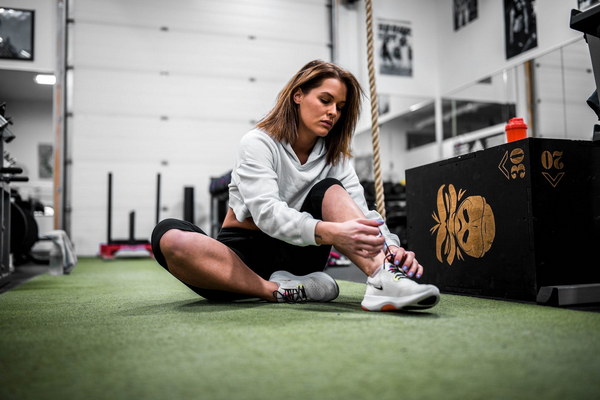Post-Chemotherapy Nurturing Your Body for a Swift Recovery
Post-Chemotherapy: Nurturing Your Body for a Swift Recovery
Completing chemotherapy is a monumental achievement for any cancer patient. It signifies the end of a grueling phase in their battle against the disease. However, the journey does not end with the last dose of medication. Post-chemotherapy care is essential for promoting healing, restoring strength, and preventing long-term complications. This article provides a comprehensive guide on how to nurture your body after completing chemotherapy.
1. Prioritize Nutrition
Nutrition plays a crucial role in the body's recovery process. After chemotherapy, your body may experience a weakened immune system, decreased appetite, and changes in taste. Here are some tips to enhance your nutritional intake:
- Increase Caloric Intake: Your body requires additional calories to rebuild and repair damaged tissues. Incorporate nutrient-dense foods such as lean proteins, whole grains, fruits, and vegetables into your meals.
- Stay Hydrated: Drink plenty of fluids to aid in digestion and flush out toxins. Water, herbal teas, and clear broths are good options.
- Small, Frequent Meals: If your appetite is low, try eating smaller, more frequent meals to ensure you're getting enough nutrition throughout the day.
- Supplements: Consult with your healthcare provider about supplements like omega-3 fatty acids, vitamin D, and probiotics to support your recovery.
2. Manage Side Effects
Chemotherapy can cause a range of side effects, including fatigue, nausea, and hair loss. Here are some strategies to manage these symptoms:
- Fatigue: Rest is vital, but it's also important to stay active. Engage in light exercise, such as walking or yoga, to boost your energy levels. Avoid overexertion and listen to your body.
- Nausea: Eat small, bland meals, and try to avoid strong odors. Medications and dietary changes can help alleviate nausea. Consult your healthcare provider for appropriate treatments.
- Hair Loss: Use gentle hair care products and avoid excessive heat. Consider a wig or hat to protect your head from the sun. Remember, hair will grow back over time.
3. Stay Active
Physical activity is essential for maintaining muscle tone, improving cardiovascular health, and boosting your mood. Here are some activities that can be beneficial after chemotherapy:
- Walking: A daily walk can help improve circulation and reduce fatigue. Start slow and gradually increase your pace as you feel stronger.
- Yoga: Gentle yoga can help improve flexibility, reduce stress, and promote relaxation. Look for classes specifically designed for cancer survivors.
- Swimming: Swimming is a low-impact exercise that can help build strength and endurance without putting stress on your joints.
4. Mental Health
The emotional impact of cancer and chemotherapy cannot be overlooked. Here are some ways to support your mental health:
- Seek Support: Join a support group or talk to a therapist to share your experiences and receive guidance.
- Mindfulness and Meditation: These practices can help reduce stress and anxiety. Consider attending a mindfulness class or downloading a meditation app.
- Hobbies: Engage in activities you enjoy to distract yourself from the challenges you're facing. Whether it's reading, gardening, or painting, hobbies can be a great source of comfort and joy.
5. Regular Check-ups

After completing chemotherapy, it's important to continue regular check-ups with your healthcare provider. These appointments will help monitor your recovery and detect any potential complications early.
Conclusion
The road to recovery after chemotherapy is a challenging yet rewarding journey. By focusing on nutrition, managing side effects, staying active, maintaining mental health, and attending regular check-ups, you can nurture your body and promote a swift recovery. Remember, patience and self-care are key to overcoming the physical and emotional challenges of this period. With time, your body will rebuild and you'll be well on your way to a healthier, happier life.









